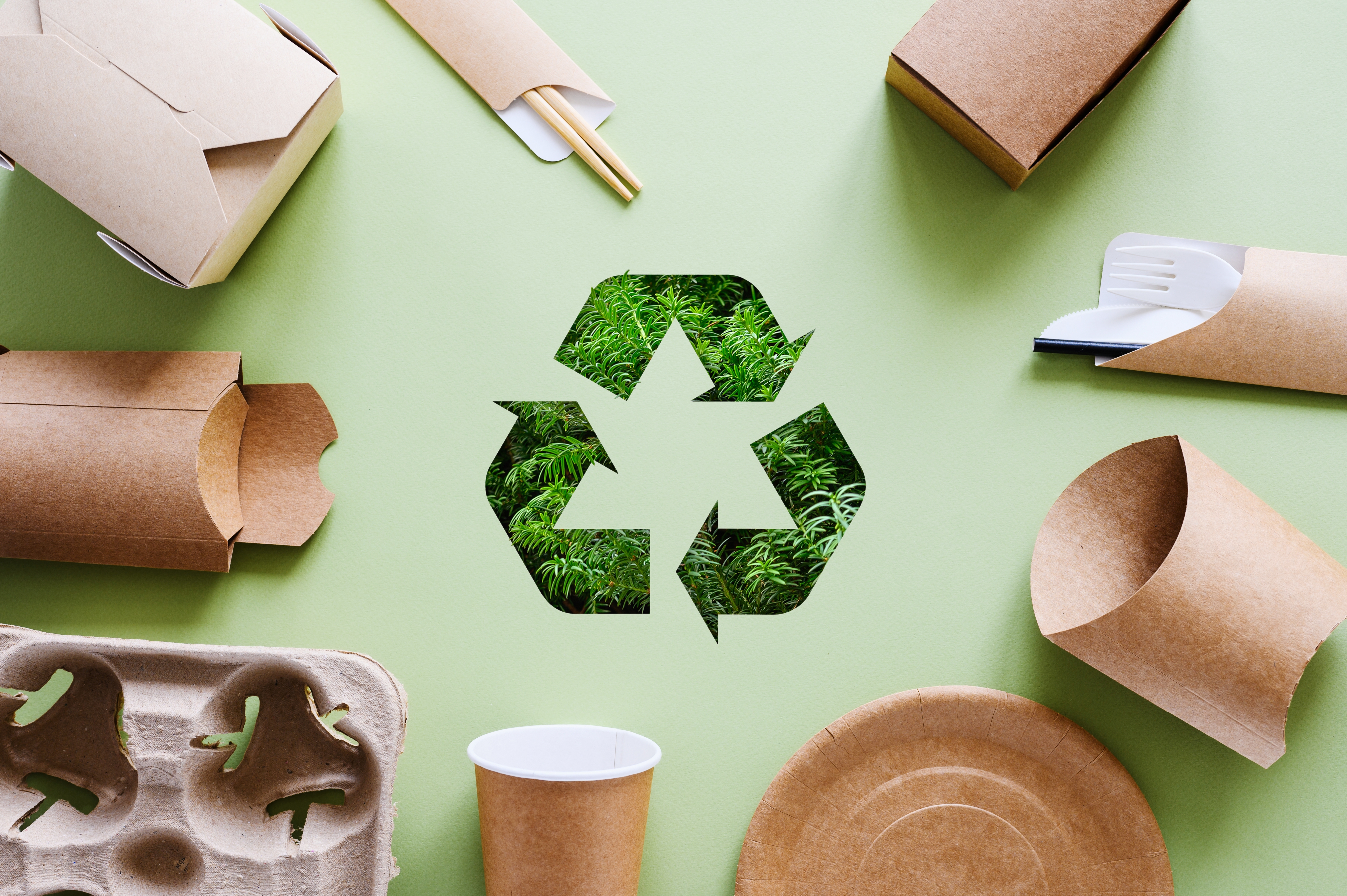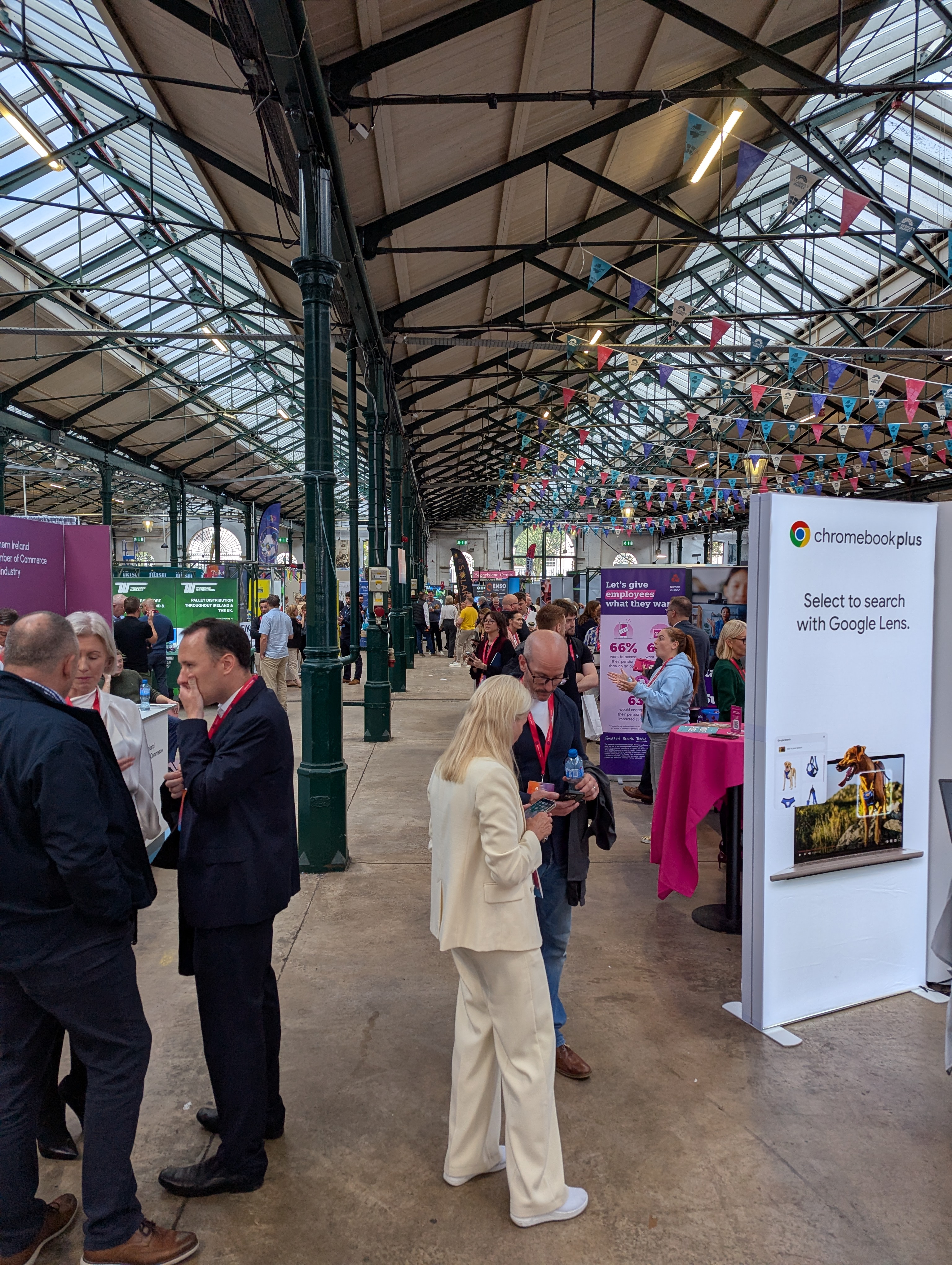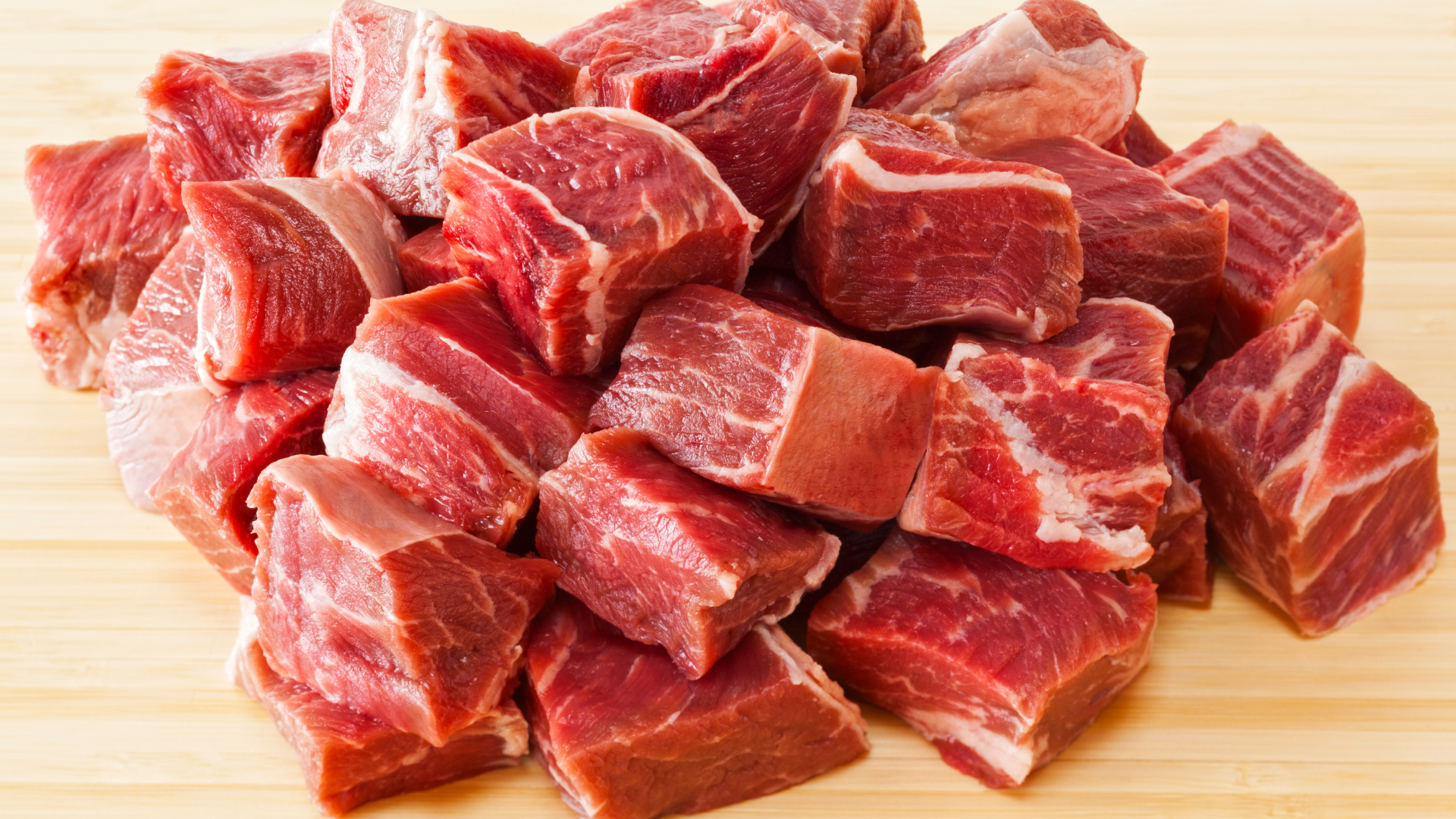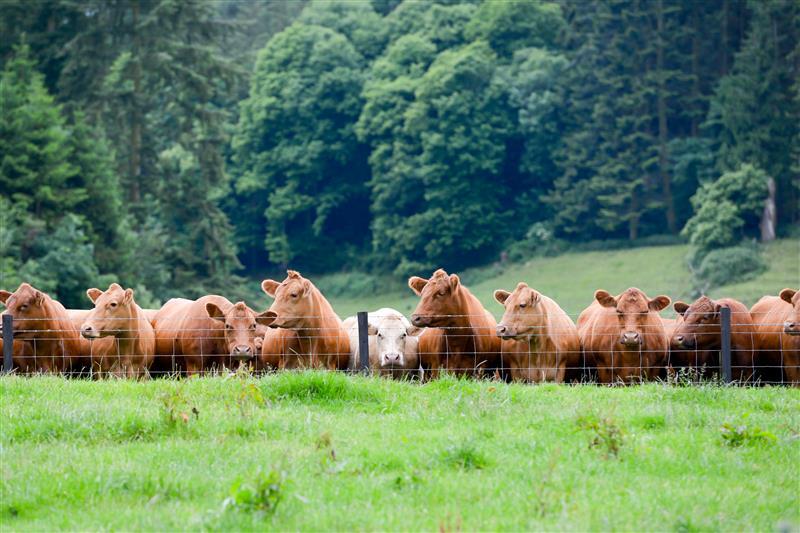In November, the European Parliament voted to delay enforcement of the EU Regulation on Deforestation-Free Products (EUDR) by a year. So, with that new deadline now official, how has industry responded to the news?
Large operators and traders now have until 30 December 2025, and small / micro businesses until 30 June 2026 to meet their requirements under the EUDR, which aims to reduce the environmental impact of deforestation by requiring companies to adopt and implement more sustainable sourcing practices.
Confirmation of the new deadline followed months of speculation, with lively debate around the impact and achievability of the policy within current timeframes.
A divided response from industry
Those opposed to the delay had initially feared that the proposed extension could reopen debate and dilute the text of Regulation (EU) 2023/1115.
This was the view taken by ethical confectioner and B Corp Tony’s Chocolonely which had fought strongly against the delay, insisting it would stall progress and “weaken the commitment.”
The concern was echoed by Stephen Hogan, vice president for public affairs in Europe at Mars, in a LinkedIn post. “Maintaining the current legal text will help us avoid unnecessary delays and ensure that the significant progress made by industry, our partner countries, smallholders and member States towards compliance is not undone,” he wrote.
However, with the revised legislation now ratified, backlash against the delay has since centred more on the uneven playing field it creates between those companies that have changing sourcing policy to mitigate risk and ensure compliance – and those that haven’t.
Heavyweights like Nestle, Unilever and Mars have all voiced this concern at the uncertainty such a delay breeds for industry and the investment risk it creates.
But frustration at the additional one-year implementation period hasn’t been universal.
EUDR compliance challenges persist
As Foods Connected’s own experts outlined in July last year, a lack of clarity around exactly how the policy would be implemented had impacted the industry’s ability to adequately prepare. Some businesses argued there had been insufficient guidance on record-keeping, documentation and what precisely they needed to do to be compliant. There had also been questions raised around the suitability of the IT systems created to collate data on shipments and concerns at the potential conflict with local laws that restrict geolocation technologies.
A fundamental lack of supply chain visibility has also proved a roadblock, particularly for US companies placing products in the EU market, which fall under the remit of the EUDR regulation, but where progress on transparency is behind Europe. Without properly thought-through enforcement mechanisms the regulation risked creating a stratified system for some commodities, shared our experts.
Against this complicated backdrop, others have said the extra time is a blessing. International Coffee Partners (ICP), a partnership of eight major European coffee companies, said the extra 12 months would give their stakeholders and farmers the time they needed to comply – and ensure that smallholders in supply chains weren’t left behind. The new timeline “provides much-needed breathing space for smallholder farmers who face significant challenges in complying with the stringent geodata and traceability requirements set forth by the regulation,” the partnership said.
Discount supermarket chain Lidl has taken a similar stance. Though the supermarket chain insisted it was committed to deforestation-free and transparent supply chains, the retailer has added that a “clear planning perspective and pragmatic, practicable applicability are of great urgency for the successful implementation” of the regulation.
Experts have also pointed out that the additional time will allow proper enforcement mechanisms to be put in place – which wouldn’t have been the case had the text come into force on its original timeline.
Ensuring EUDR readiness
With the back-and-forth over the merits of any such delay now firmly put to bed by the European Parliament’s decision in November though, how can companies best use the additional timeline afforded to them?
For companies that already feel they’re on track for compliance, act as if the EUDR is in effect, advises Matteo Mascolo, the Forestry Stewardship Council’s lead for EU Affairs & Engagement. “It’s now time to move forward and not delay action,” Mascalo said. “The additional time is an opportunity to unite under a common goal: ensuring that EUDR delivers maximum impact when it comes into effect. Our forests—and the communities who depend on them—cannot afford complacency.”
That’s already the approach at French retailer Carrefour. “The Group is maintaining the voluntary objectives it has set for itself with regard to the risks identified within its supply chains, even with the one-year postponement,” it said in a statement, shared by executive director of engagement Carine Kraus. This is “in order to ensure the necessary stability and clarity for all companies involved.”
This strategy has plenty of advantages. It can place companies ahead of the curve on compliance, affording them extra breathing space to iron out any teething problems without the threat of enforcement, and it also positions them as a frontrunner on sustainability in the industry prior to the EUDR creating a level playing field.
Where businesses feel they are some way from compliance though, they can make use of the additional guidance document published by the European Commission in a bid to address any gaps in their knowledge and accelerate their progress.
This extensive document, published in October in conjunction with the proposed delay, provides updated FAQs, example scenarios and provides further clarity on a few fundamental principles. This includes additional detail on what exactly should be included in the due diligence process, how to approach composite products and its views toward reliance on third-party verification schemes vs. independent audits.
Companies can also use the extra time to register and work through training resources made available by the European Commission on The Information System of the Deforestation Regulation, including its dummy portal.
Where teams are at the start of their journey with the EUDR, don’t skip the fundamental first steps toward compliance either. These include mapping relevant supply chains, prioritising risk assessments and utilising tools to monitor progress.
Though it’s impossible to say with certainty whether or not the EUDR may face further hurdles to its implementation at a European level, it’s clear that all affected companies should make smart use of the extra 12 months provided to them now – whichever side of the debate they’ve been on up until this point.
Learn how to approach mapping your supply chain with Foods Connected:
.jpg)
Greer McNally
Greer has over 15 years’ experience writing about trends in the food and retail sectors. She lives in a little village by the sea in Northern Ireland and loves creating content that informs how people think about the food industry. A recent career highlight was interviewing the legend that is Dr Temple Grandin.
Stay up to date
Stay up to date
Browse Posts
- February 2026
- January 2026
- December 2025
- November 2025
- October 2025
- September 2025
- August 2025
- July 2025
- June 2025
- May 2025
- April 2025
- March 2025
- February 2025
- January 2025
- December 2024
- November 2024
- October 2024
- September 2024
- August 2024
- July 2024
- June 2024
- May 2024
- April 2024
- March 2024
- February 2024
- January 2024
- December 2023
- November 2023
- October 2023
- September 2023
- August 2023
- July 2023
- June 2023
- May 2023
- April 2023
- March 2023
- December 2022
- November 2022
- October 2022
- September 2022
- August 2022
- July 2022
- June 2022
- May 2022
- April 2022
- March 2022
- February 2022
- January 2022
- December 2021
/Blog%20Headers/EUDR%20blog%202025.jpg)

/Blog%20Headers/shutterstock_1927957907%20(1).jpg)
/Blog%20Headers/shutterstock_1845178195%20(2).jpg)
/Blog%20Headers/shutterstock_2133827717%20(1).jpg)
/Blog%20Headers/shutterstock_2473376713.jpg)
/Blog%20Headers/shutterstock_2474442759.jpg)






/Blog%20Headers/Preparing%20for%20the%20EU%20Deforestation%20Regulation%20(EUDR)everything%20you%20need%20to%20knowjpg.jpg)
/Blog%20Headers/shutterstock_1834054435.jpg)
/Blog%20Headers/shutterstock_2119408661.jpg)
/Blog%20Headers/shutterstock_2498984931.jpg)
.png)
.png)
.png)
.png)